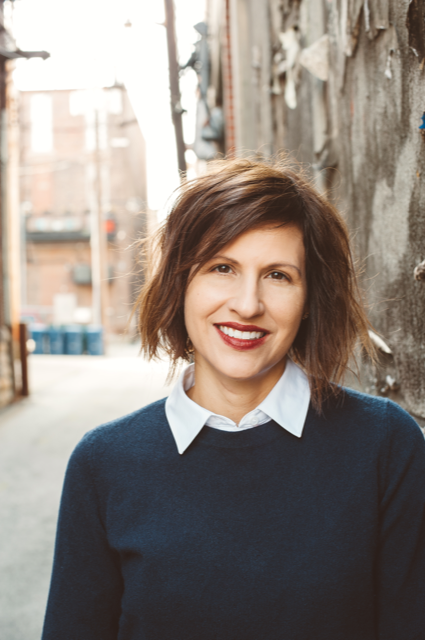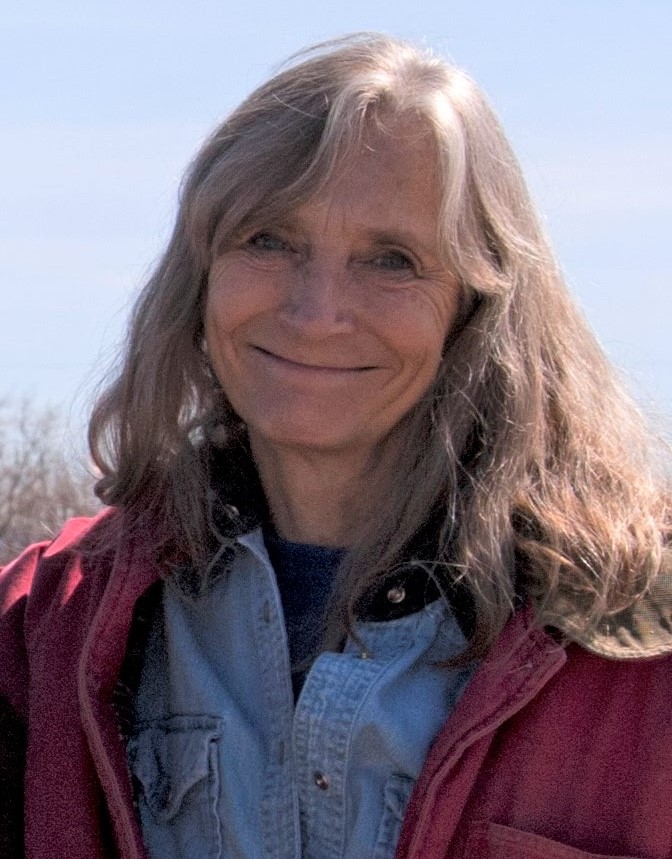In the Spotlight

Melissa Fraterrigo
Lafayette Writers’ Studio
West Lafayette, IN
Member Since: 1999
About: Melissa Fraterrigo is the author of the novel Glory Days (University of Nebraska Press, 2017), named one of “The Best Fiction Books of 2017” by the Chicago Review of Books, as well as the short story collection The Longest Pregnancy (Livingston Press, 2006). Her fiction and nonfiction have appeared in more than forty literary journals and anthologies from storySouth and Shenandoah to Notre Dame Review, Sou’wester, and The Millions. She is the founder and executive director of the Lafayette Writers’ Studio in Lafayette, Indiana, where she offers classes on the art and craft of writing.
“I think all writers should reflect on their strengths and then consider how to share that goodness with others.”
Read more...
Carol D. Guerrero-Murphy, Ph.D.
Emerita/Adjunct Professor of English at Adams State University
About:Carol has publications in journals from American Poetry Review to The Missouri Review; other publications include the anthology Pilgrimage: Thirty Year and two full books of poetry, Table Walking at Nighthawk and Chained Dog Dreams.
“Getting old, still glad I’ve chosen the writing and teaching life (50 plus years). More books to come. Much loved.”
Read more...
Yiyun Li
Professor at Princeton University
Princetown, NJ
Member Since: 200
About: Yiyun Li is the author of seven books. Her most recent is Must I Go, a novel. Her awards include a MacArthur Fellowship, Guggenheim Fellowship, PEN/Jean Stein Award, Windham-Campbell Prize, and many others. She teaches at Princeton University.
“It was a great and sustaining experience to be reading with a steady pacing with so many readers around the world.”
Read more...
